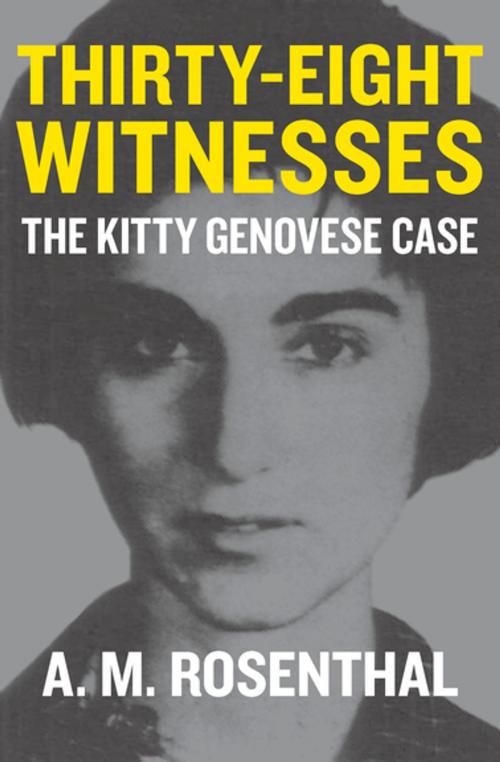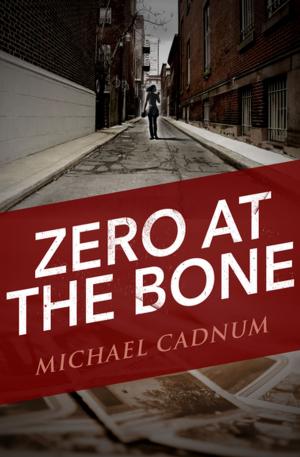Thirty-Eight Witnesses
The Kitty Genovese Case
Nonfiction, Social & Cultural Studies, Social Science, Sociology, Urban, Crimes & Criminals, Murder, True Crime| Author: | A. M. Rosenthal | ISBN: | 9781504026437 |
| Publisher: | Open Road Media | Publication: | December 15, 2015 |
| Imprint: | Open Road Media | Language: | English |
| Author: | A. M. Rosenthal |
| ISBN: | 9781504026437 |
| Publisher: | Open Road Media |
| Publication: | December 15, 2015 |
| Imprint: | Open Road Media |
| Language: | English |
A Pulitzer Prize–winning journalist’s groundbreaking account of the crime that shocked New York City—and the world
In the early hours of March 13, 1964, twenty-eight-year-old Catherine “Kitty” Genovese was stabbed to death in the middle-class neighborhood of Kew Gardens, Queens. The attack lasted for more than a half hour—enough time for Genovese’s assailant to move his car and change hats before returning to rape and kill her just a few steps from her front door.
Yet it was not the brutality of the murder that made it international news. It was a chilling detail Police Commissioner Michael Joseph Murphy shared with A. M. Rosenthal of the New York Times: Thirty-eight of Genovese’s neighbors witnessed the assault—and none called for help.
To Rosenthal, who had recently returned to New York after spending a decade overseas and would become the Times’s longest-serving executive editor, that startling statistic spoke volumes about both the turbulence of the 1960s and the enduring mysteries of human nature. His impassioned coverage of the case sparked a firestorm of public indignation and led to the development of the psychological theory known as the “bystander effect.”
Thirty-Eight Witnesses is indispensable reading for students of journalism and anyone seeking to learn about one of the most infamous crimes of the twentieth century.
A Pulitzer Prize–winning journalist’s groundbreaking account of the crime that shocked New York City—and the world
In the early hours of March 13, 1964, twenty-eight-year-old Catherine “Kitty” Genovese was stabbed to death in the middle-class neighborhood of Kew Gardens, Queens. The attack lasted for more than a half hour—enough time for Genovese’s assailant to move his car and change hats before returning to rape and kill her just a few steps from her front door.
Yet it was not the brutality of the murder that made it international news. It was a chilling detail Police Commissioner Michael Joseph Murphy shared with A. M. Rosenthal of the New York Times: Thirty-eight of Genovese’s neighbors witnessed the assault—and none called for help.
To Rosenthal, who had recently returned to New York after spending a decade overseas and would become the Times’s longest-serving executive editor, that startling statistic spoke volumes about both the turbulence of the 1960s and the enduring mysteries of human nature. His impassioned coverage of the case sparked a firestorm of public indignation and led to the development of the psychological theory known as the “bystander effect.”
Thirty-Eight Witnesses is indispensable reading for students of journalism and anyone seeking to learn about one of the most infamous crimes of the twentieth century.















